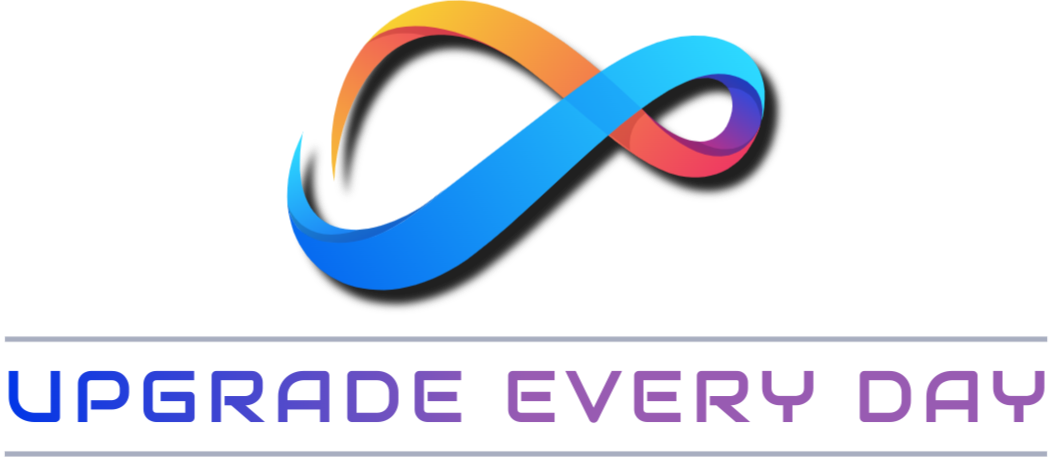Did you know that in the UK, more than 20% of book sales are e-books?
Writing a book might seem hard, but if you follow these tips, anyone can do it. You could be just starting or have some experience. These e-book writing guidelines are here to help you. They offer strategies so your e-book stands out.
Key Takeaways:
- Creating a clear outline is essential for organising your thoughts and ensuring a logical structure for your e-book.
- Setting writing goals helps you stay motivated and make consistent progress.
- Reading books in your genre provides inspiration and insights into successful writing.
- Take regular breaks to maintain focus and prevent burnout.
- Be open to feedback and willing to make changes throughout the writing process.
Follow these e-book writing guidelines. They will prepare you to start writing with confidence. You’ll create an e-book that people can’t stop reading.
Create an Outline
Creating a structured outline is crucial for e-book writing. A good outline organises your thoughts. It makes sure your book makes sense. Before you start writing, think and plan. Don’t worry if it changes later. Your outline is like a guide, keeping all your book’s parts together.
A great outline has a clear start, middle, and end.
Each part should have its own details and purpose. Make it fun and easy to read. Break it down for readers to understand easily. Use headings to divide your book into clear sections.
Use lists in your outline. It helps show important points clearly. Remember, a well-organised outline makes writing smoother. It also keeps you on track. This way, you can work on your book step by step.
With a detailed plan, you can write without worry. Each part of your e-book will connect naturally to the next. This method also stops writer’s block. You can focus easily, making your writing time well spent.
And yes, AI tools like ChatGPT and Perplexity can help you research and brainstorm your ideas much faster.
Set Writing Goals
Setting goals is key when writing an e-book. It keeps you motivated and focused. As someone looking to be an author, choosing realistic goals is vital. These goals will push you forward, little by little.
Setting daily or weekly word targets or chapter goals helps build structure. It makes you accountable for your writing time.
Goals make sure you stay focused and keep to a writing routine. This can be regular daily slots or longer stretches each week, fitting around your life.
Writing an e-book is about your personal journey. Writing for yourself first is important. It helps get over any initial fears or doubts.
Start with simple writing, like journaling, to boost your creativity. This way, you can write without the worry of being judged.
Keep up steady progress by writing regularly. Meeting your goals builds unstoppable momentum. And remember to celebrate even small victories, like finishing a chapter or reaching a certain word count.
Writing your e-book is all about expressing yourself and clear publishing goals. Stick to your writing plan, stay motivated, and know every word gets you closer to sharing your story.

Read Books in Your Genre
Reading books in your genre is key for any writer. It’s both important and fun. It lets you learn what makes a story work, such as twists and turns. This helps you know how to structure your tale.
This type of reading is also inspiring. It helps you think of cool characters and storylines. You get to see how top writers handle common themes. Then, you can take their cool tricks and use them when you write. This makes your work stand out and keeps you growing as a writer.
Yet, it’s good to look outside your genre too. Reading other types of books opens your mind. You learn new ways to tell a story or build a character. Mixing these ideas into your work can make it more interesting and fresh.
Also, remember that books look different across formats like PDF, Kindle, flipbook, paperback and hardback.
So, read plenty, both in and out of your typical type. It’s not just for learning but for the pure pleasure of it. Loving to read will make you a better writer, guaranteed!
“Reading is an essential tool for writers. It allows you to learn from others, discover new perspectives, and continuously evolve your craft.”
– Paul Nightingale
Take Breaks
Writing an e-book? Make sure to take breaks! It’s key for keeping focus, avoiding burnout, and being your most productive. Writing for too long without a pause can lower creativity and productivity. Therefore, taking breaks is vital in any e-book writing or publishing plan.
Use the Pomodoro Technique for better time management. Work for 25 minutes and then take a 5-minute break. After four of these, enjoy a 15-minute break. This method keeps your mind fresh and productive when writing.
Use breaks to refresh and clear your thoughts. Try a short walk or mindfulness exercises. Disconnecting from writing helps you relax and refocus, improving your writing quality.

The Benefits of Taking Breaks
Breaks improve your writing in several ways:
- Improved focus and productivity: A short rest refreshes and renews your focus. After a break, concentrating and being productive is easier.
- Enhanced creativity: Breaks allow your mind to find unique connections. This can bring fresh ideas and more creativity into your writing, making it more engaging.
- Reduced stress and burnout: Continuous writing without rests is taxing. Regular breaks reduce stress and avoid burnout by making the writing process more sustainable and enjoyable.
Adding breaks improves your e-book writing journey. It helps maintain focus, boosts productivity, and enhances your writing experience. For a successful e-book writer, self-care and balancing work with rest are vital.
To Sum Up
Writing an e-book can be very rewarding for those aiming to tell their story. Follow the tips and e-book writing guidelines to feel less overwhelmed. With these in mind, you’ll start your journey to writing with more certainty.
It’s crucial to have a clear outline for your e-book. This serves as your guide throughout your work. Also, setting achievable writing targets will keep you moving forward. Plus, reading similar books can spark ideas and help you grasp what makes them work.
Remember to give yourself breaks to keep your mind sharp and prevent tiredness. Feedback from others is key. It can help you enhance your work.
Stay open-minded about changes during your writing process. By putting in effort and not giving up, you can see your e-book dream come true.
Best of luck on your writing journey!
FAQ
What are some e-book writing guidelines for aspiring authors?
First, create an outline for your e-book. Then, set writing goals. It helps to read books in your genre and to take breaks. Getting feedback from others is crucial, as is being open to change.
How do I create an outline for my e-book?
Begin by jotting down ideas. Next, organise them into a clear order. Your outline is like a map for your writing journey. It can change as you discover new insights.
Why is it important to set writing goals when working on an e-book?
Goals keep you on track and motivated. They help establish a writing routine. Aim for something achievable, like a certain word count per day or finishing a chapter weekly.
Should I read books in my genre as an aspiring e-book author?
Definitely. Reading similar books helps you learn what makes a great story. It unveils effective structures, character development, and plots. This knowledge will inspire and inform your own writing.
Why should I take breaks while writing my e-book?
Breaks are crucial for maintaining focus and creativity. They prevent writer’s burnout and boost productivity. Try tools like the Pomodoro Technique to work effectively in short bursts.
How can I increase my chances of e-book writing success?
Stick to the advice given here. Establish a solid foundation with an outline and goals. Learn from your genre by reading. Taking breaks, getting feedback, and being flexible are also key to success.





